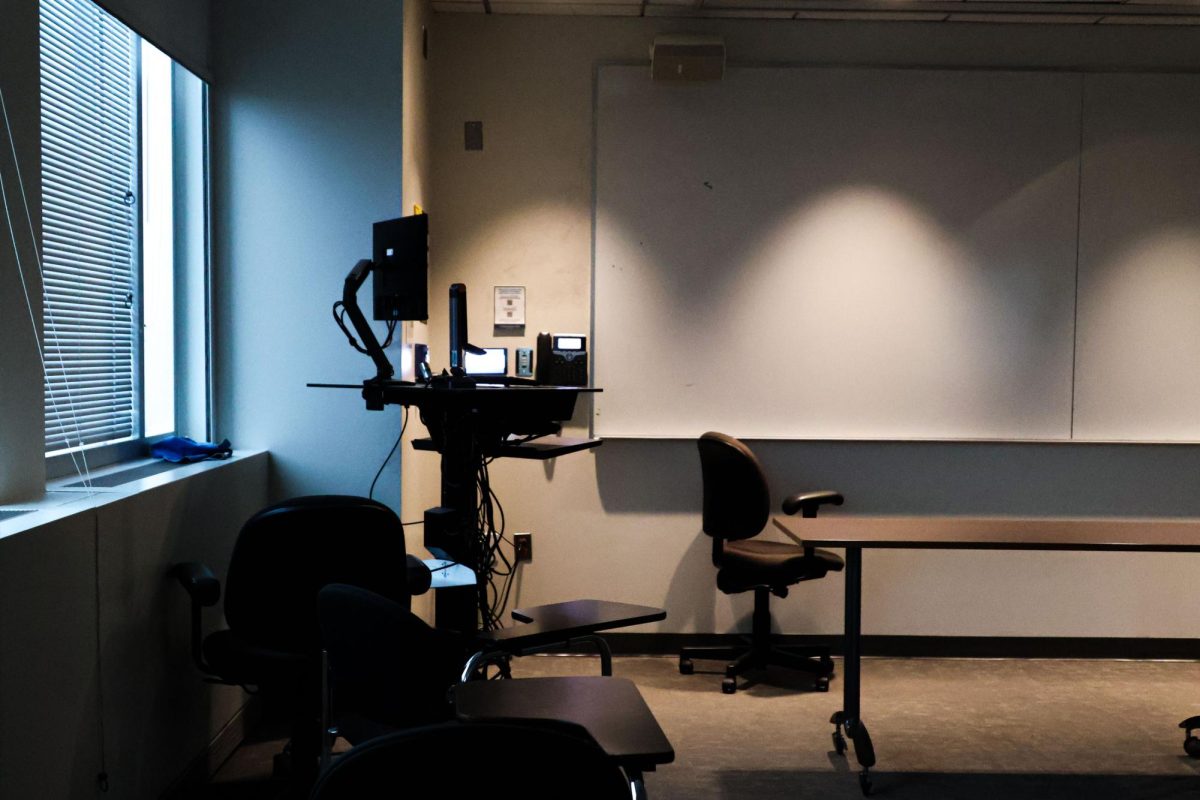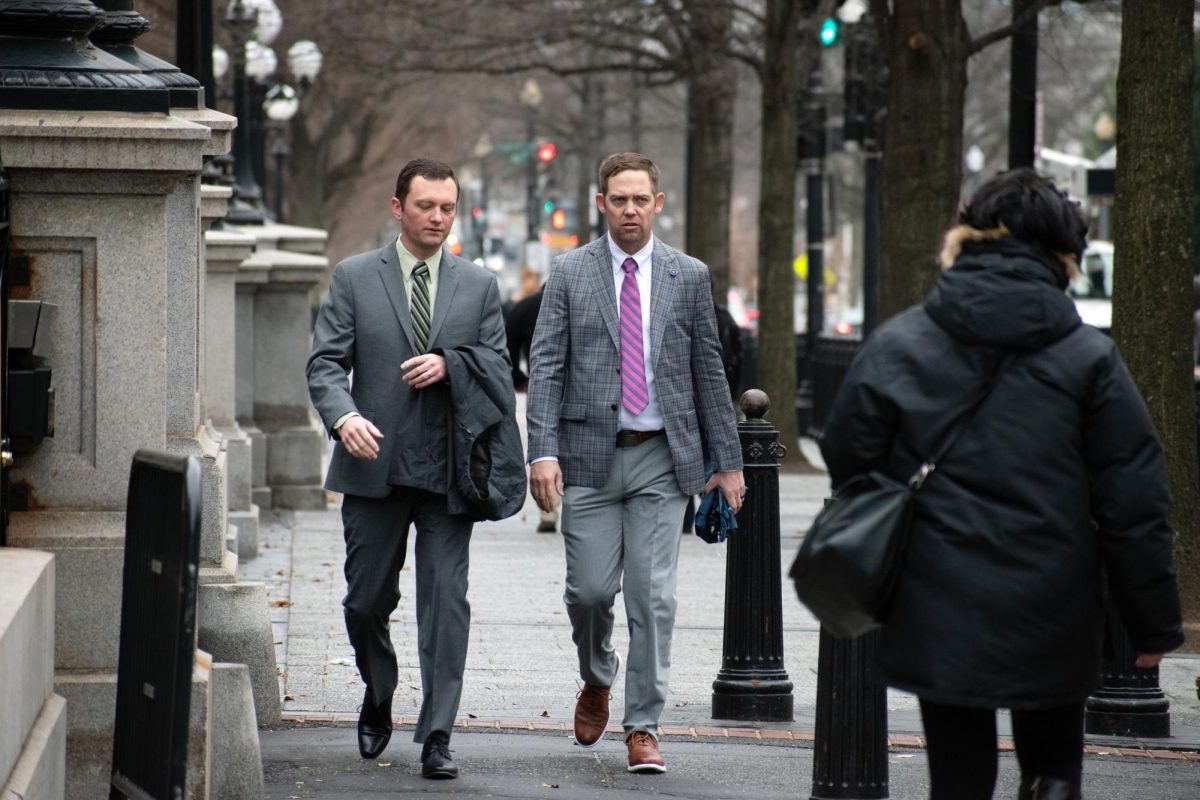Some students in the Columbian College of Arts and Sciences will soon have their own go-to academic adviser.
The CCAS undergraduate advising office announced a pilot program Friday nixing the “POD” system for a small group of students and instead assigning them individual advisers. First- and second-year CCAS students in POD 3 – those with last names beginning with O through Z – will be assigned an adviser at the start of the semester, according to an email sent to CCAS students.
“While there are a number of benefits to the [POD] model, we are continuously looking at ways to improve our service to students,” the email states.
The pilot, which will be evaluated using feedback from students over the course of the semester, aims to increase the number of students utilizing CCAS advising services and provide students with “more proactive outreach” from their adviser. Students from all three PODs will still have access to every adviser during daily office hours, emails and appointments, according to the email.
Marcus Ware, the assistant director of POD 3 advising, said the advising staff originally transitioned to the POD system in 2015 because of turnover in the office, and the 12 advisers at the time could not accommodate the thousands of students in CCAS. Now that the office is fully staffed, Ware said he wants to cater to students who have indicated that they would like more individualized relationships with their advisers.
Ware said the program could expand to all three PODs by next academic year, depending on the feedback from students. Officials will issue three surveys, sent at the beginning, middle and end of the semester, to POD 3 students to measure how well students know their adviser throughout the spring.
“At the end of the day, we want to be more proactive in our outreach, and our adviser-student ratio does not allow us to serve estudents in the way we’d like to,” Ware said in an interview last month. “We want students to feel more connected to our office.”
Nicole Cennamo, the Student Association’s vice president for academic affairs, said the pilot is a response to the results of an SA survey released last fall finding that students often do not develop personal connections with their advisers. Student leaders used the report to compile guidelines in September defining what is expected of both students and advisers.
Cennamo said students will first be assigned to advisers they had regularly seen in the past, and students who did not see a particular adviser will be paired randomly. Students in a “specific population,” like athletes or transfer students, will also be spread out among advisers to ensure one adviser is handling a variety of different needs, she said.
In addition to receiving an email with the adviser’s name and contact information on the first day of classes, students’ assigned adviser will be posted on DegreeMap, she said.
“Advising is really supposed to be that intersection between academic success and community building,” Cennamo said in an interview last month. “I think students really want that personalized relationship, and they want an adult on campus they know is looking out for them.”




